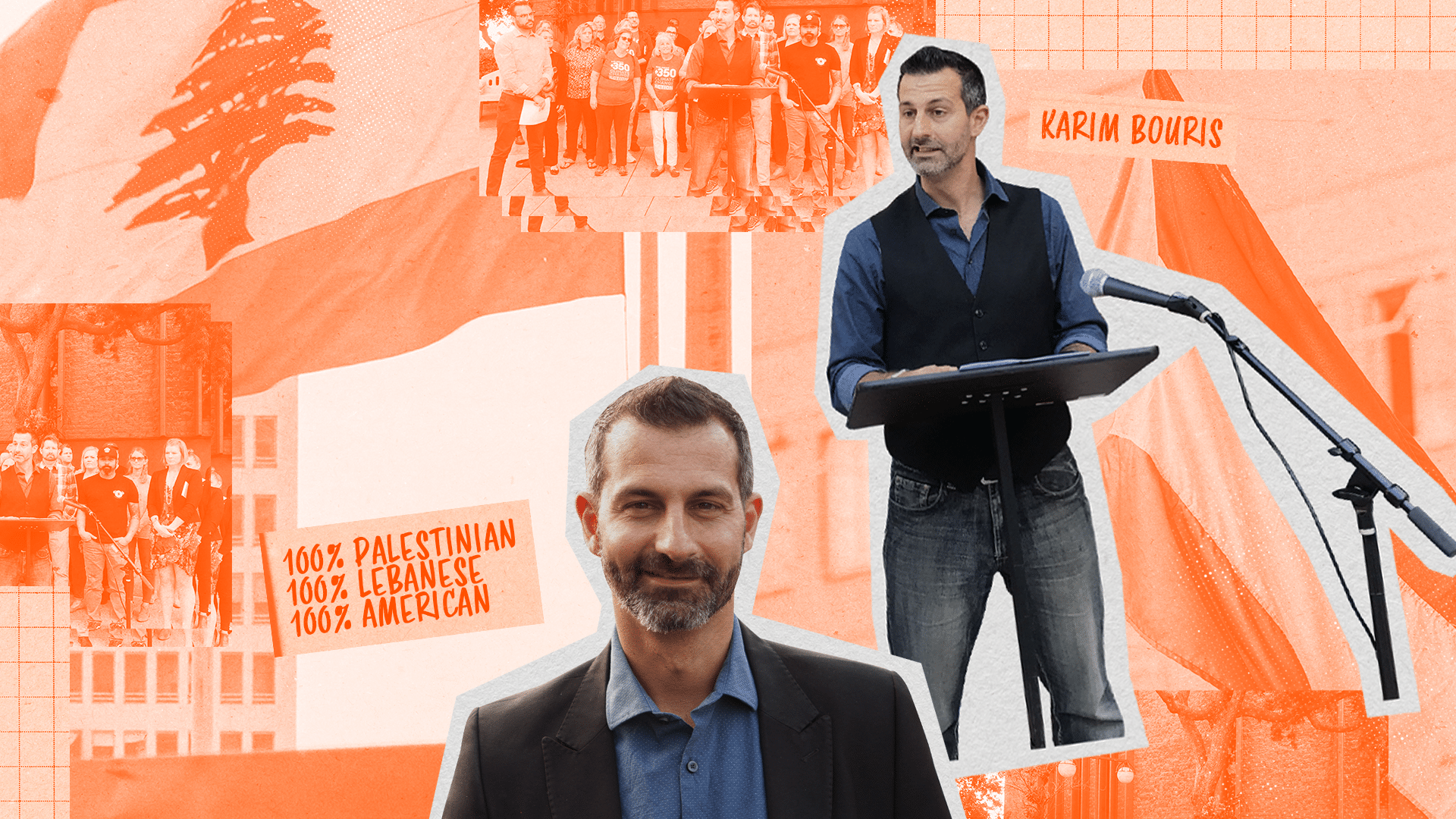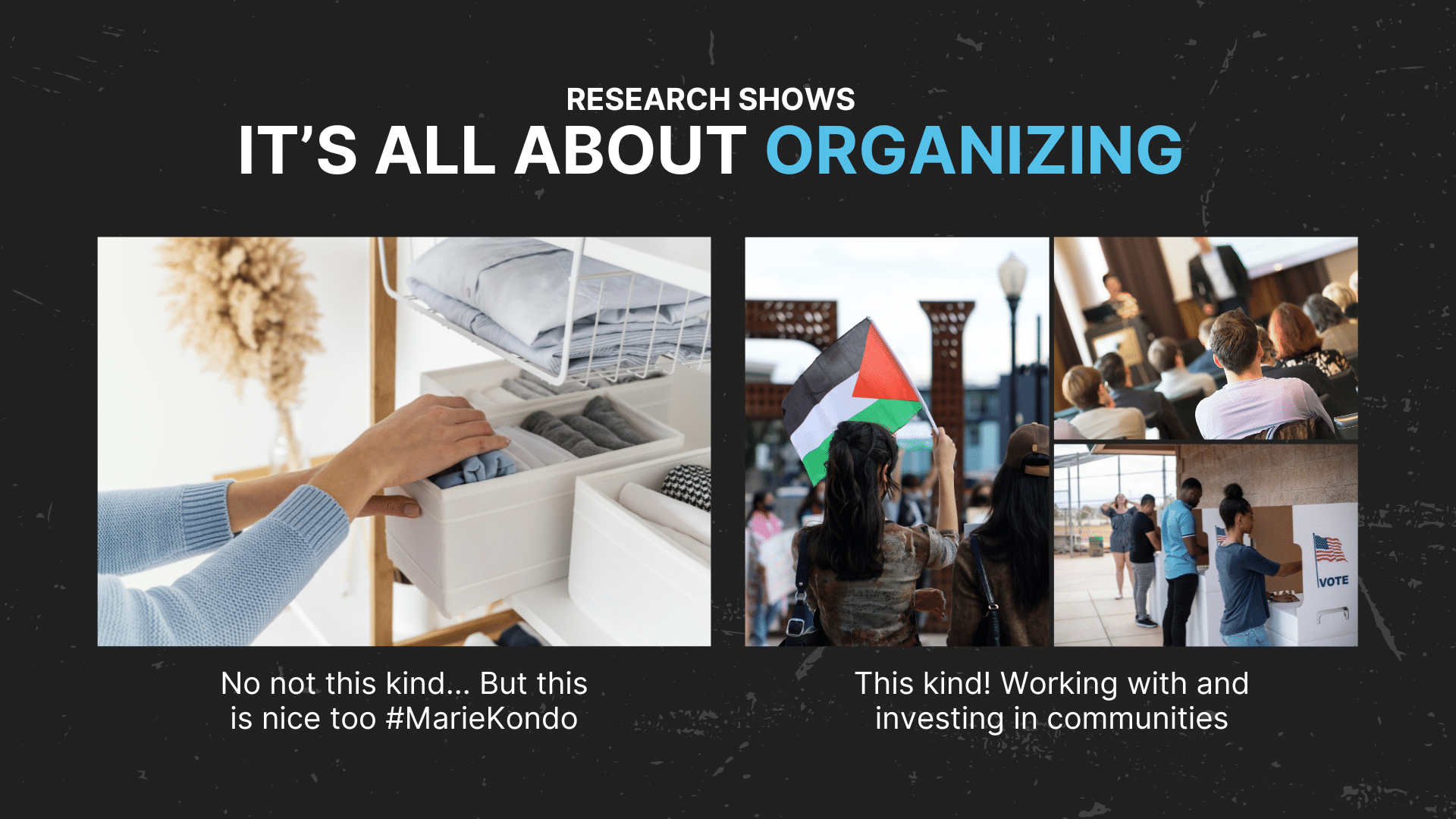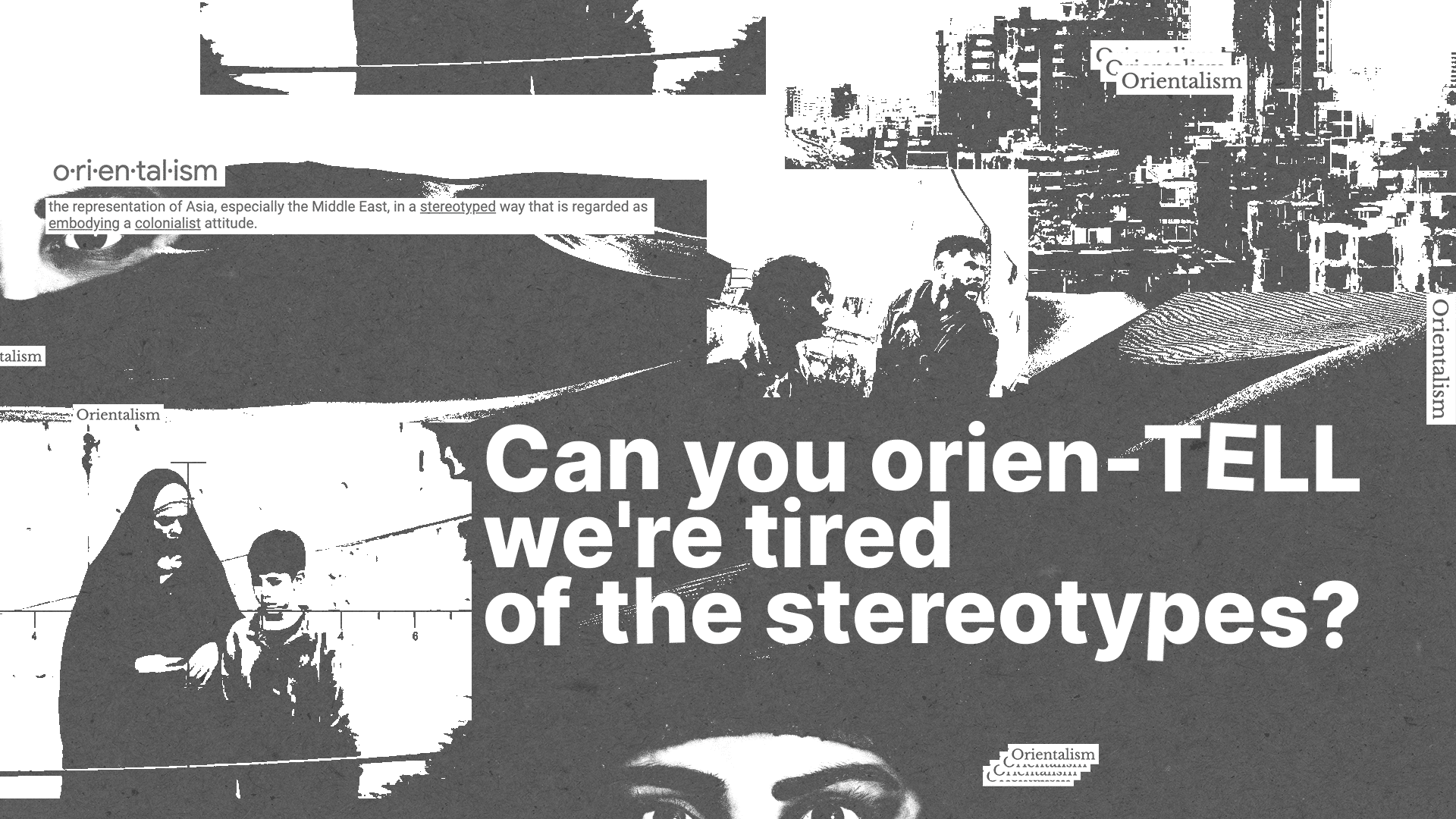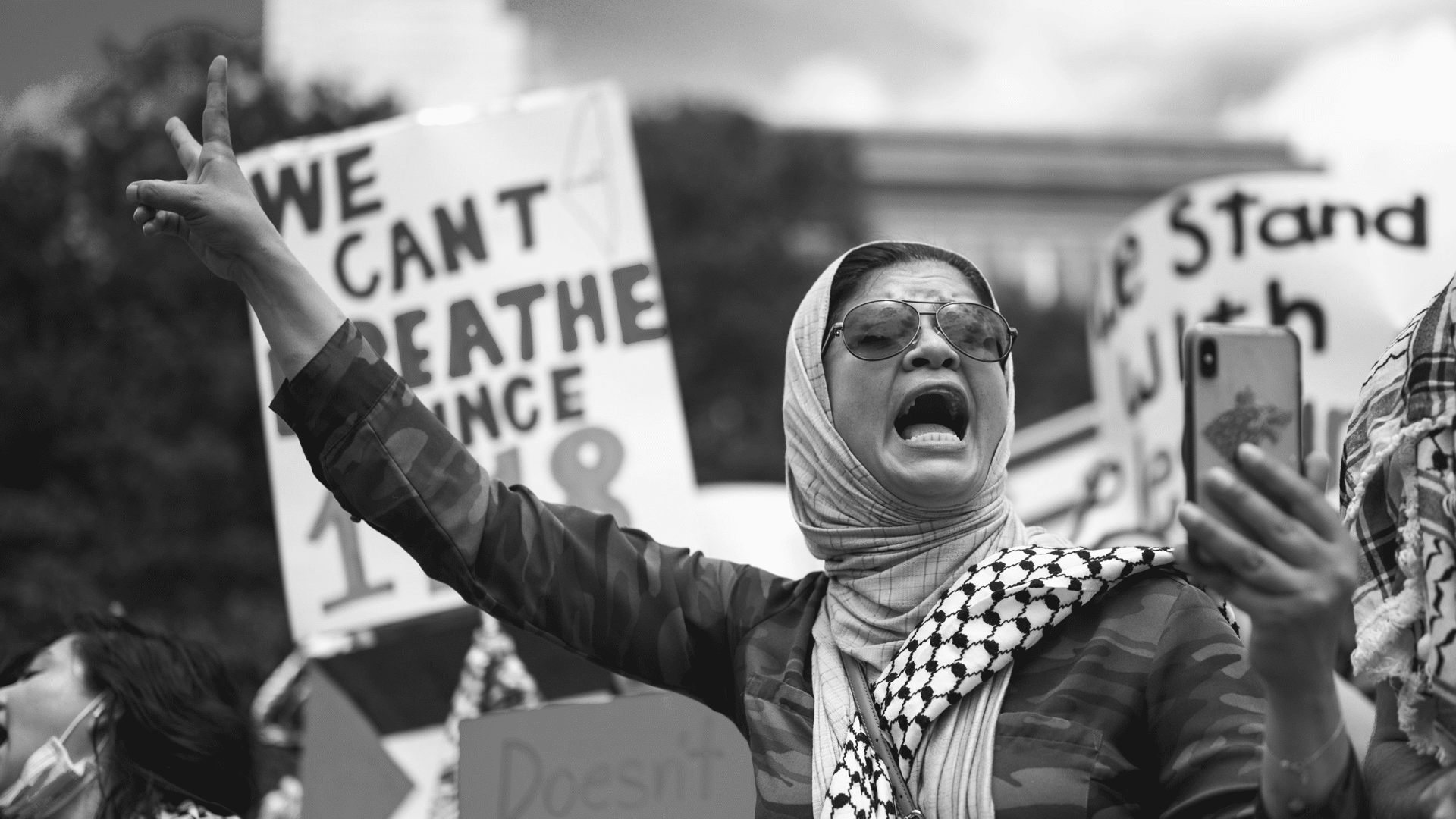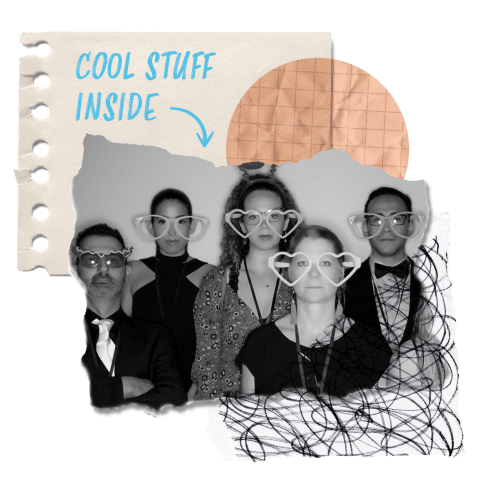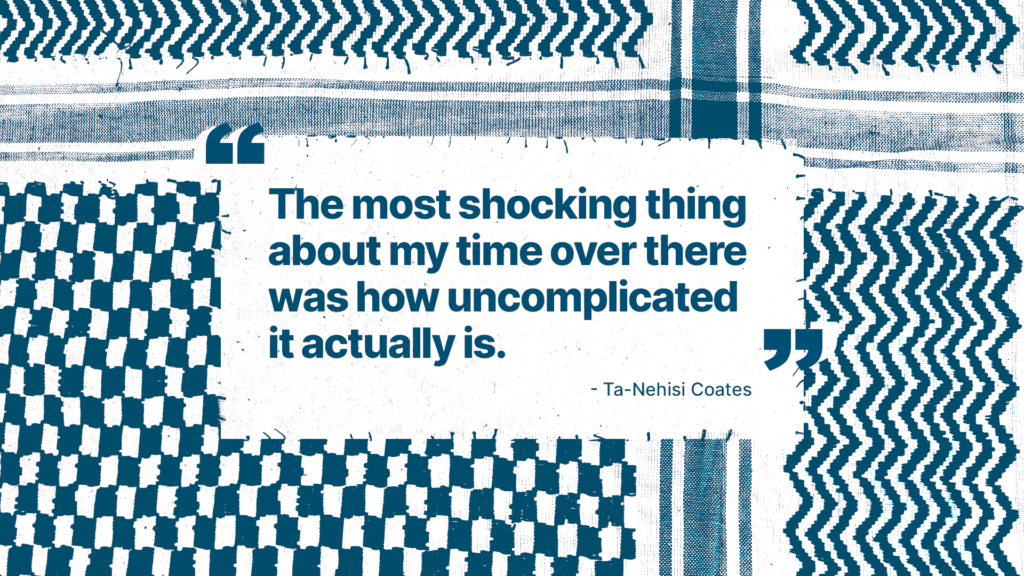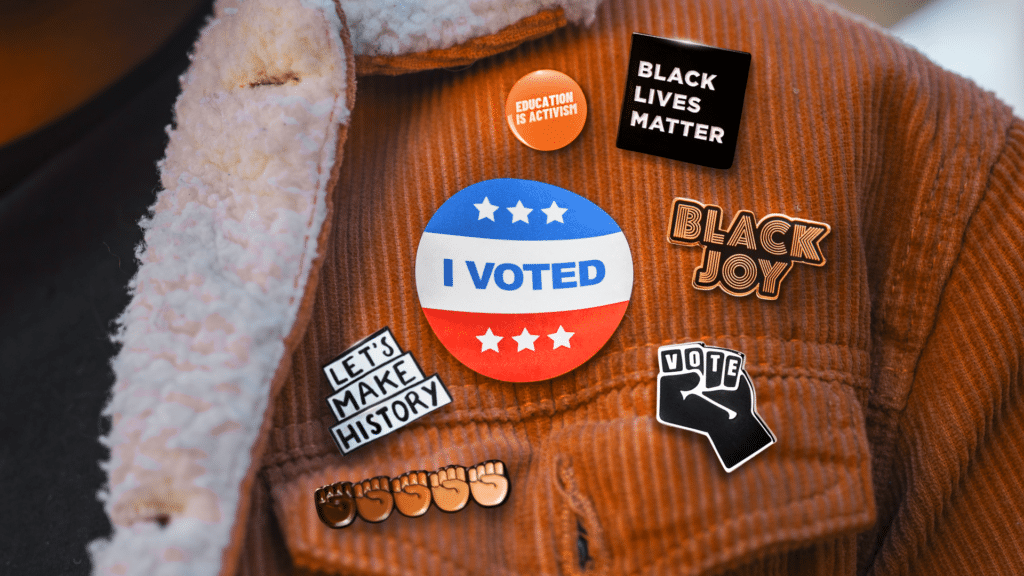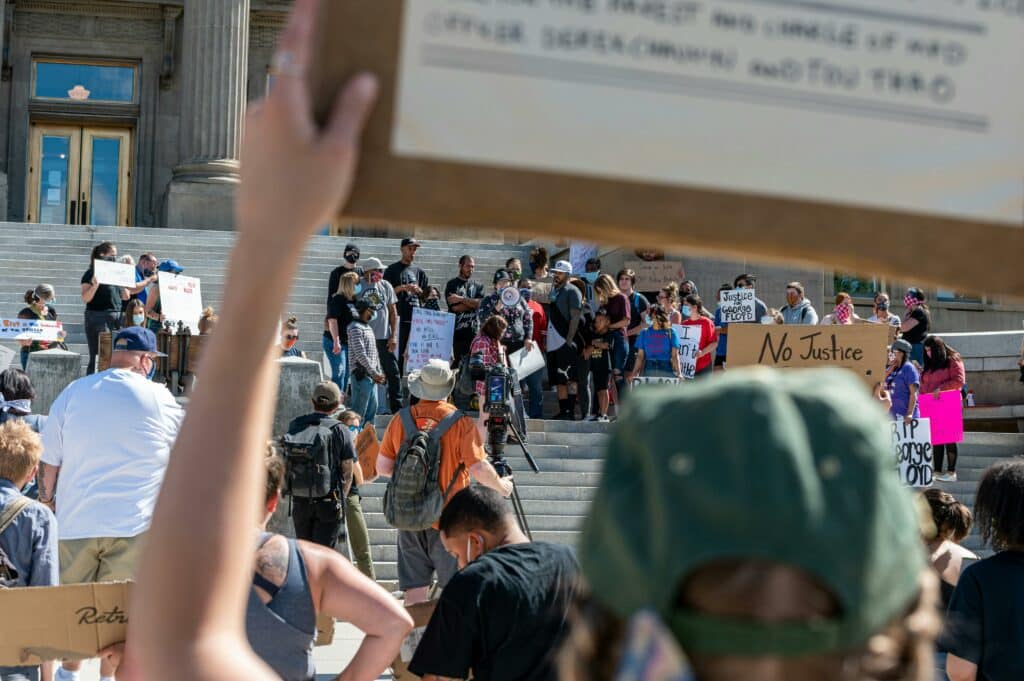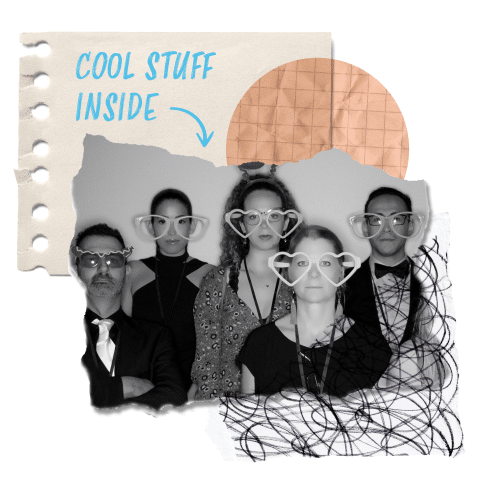“Arab” in America
Since moving to the US in 1997, our Principal of Strategy and Advocacy, Karim Bouris, has had an awkward relationship with introducing himself as “Arab American.” This was especially true in 2001, when he was happily adjusting to a new life in a new culture, and 9/11 thrust him into a conversation about his ethnicity, race, allegiance and trustworthiness. Karim wasn’t prepared for this. At the time, the narratives and stories told about his “people” made it clear they didn’t belong to the only Census option available to them: White.
That’s right: as a Palestinian/Lebanese immigrant, Karim was misunderstood and, in many ways, unwelcome in the United States. He was simultaneously unrecognized ethnically, as the government forced him to check a box to label himself as White — thus the emotional paradox of feeling forced to belong to the group that was other-ing him.
Thankfully, a working group convened by the Office of Management and Budget (OMB) is recommending a game-changing update on race and ethnicity standards that would include a new checkbox for “Middle Eastern or North African”. While it’s not 100% perfect, as it still doesn’t capture the full racial and ethnic diversity, it certainly is a step in the right direction to make sure people like Karim count.
Join us in honoring Arab American Heritage month by submitting a formal comment to OMB by April 12. The Office is expected to make a final decision by summer 2024 and your public feedback will factor heavily into the working group’s recommended proposals.
Research project on registered Arab voters reveals: it’s all about organizing
In 2018, Mixte and the Partnership for the Advancement of New Americans (PANA) embarked on a highly targeted voter engagement campaign to understand how to motivate the Arab community, who are most likely Muslim in this case, to vote. For PANA, this project was critical as San Diego’s refugee community had been rapidly growing but not civically engaged.
While the data analyzed by UCSD’s US Immigration Policy Center for this project didn’t suggest that turnout among Muslim voters was statistically significantly higher than turnout among comparable Muslim voters elsewhere in San Diego County, we did learn a few critical lessons: partner with members of the community; the American-imposed “Arab” label doesn’t capture voters’ individual ethnic identity; young people are more likely to vote; and reaching this community is really about organizing.
Tired of the tropes…
In our communications work with immigrant and refugee communities, we are regularly challenged with untangling the damaging imperialistic legacy reflected in the way “Arabs” are stereotyped in U.S. mainstream movies, news and pop culture. It’s the same reason why we like doing deep-dives into prejudicial narratives in messaging and to bring that lens to some of our day’s zeitgeist.
Not much has changed since Edward W. Said published “Orientalism.” Our team is regularly dumbfounded how the media still casually rely on centuries-old tropes that reduce 22 Middle Eastern nations’ unique differences to a limited set of attributes without questioning the historical underpinnings of their biases.
What America gets wrong about the Israel/Palestine conflict
Our hope is simple: that as messengers committed to equity, we can have a candid conversation about the biased narrative in the US when it comes to the plight of the Palestinian people.
As a starting point in our struggle for more balance in media coverage, let’s start by calling a duck a duck: what is happening is apartheid, settler colonial policies veering now into outright cultural cleansing.
The US is an outlier in the international community when it comes to Israel, a status quo position preventing lasting solutions that gets more tenuous and unjustifiable with every escalating episode preventing a lasting humanitarian response: Shireen Abu Akleh. Sheikh Jarrah. Jenin. Huwara. 100 Palestinians, including 16 children, killed since the start of the year.
This commitment to foreign policy inaction in the face of almost-daily Palestine deaths isn’t just bordering on the inhumane. It is actively ignoring the growing demands from American voters in general to allies like Jewish Voice for Peace and the Movement for Black Lives in our justice movement.
There’s more where this came from. Curious about all the other ways you can supercharge your marketing and communications to make a bigger impact? Introduce yourself here and let us know how we can support your work!
